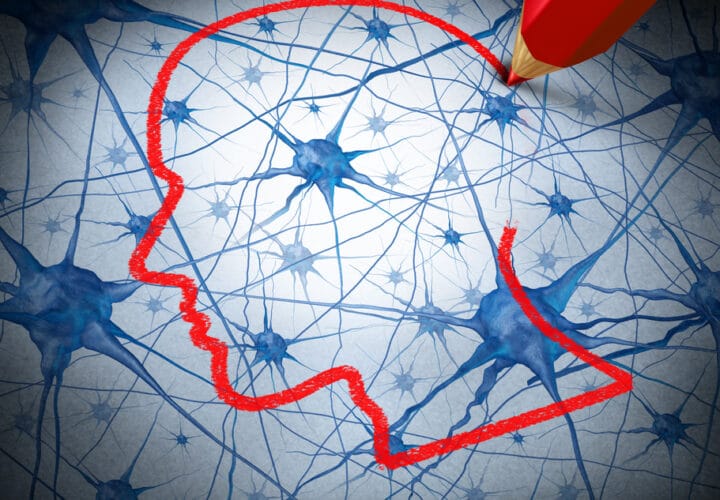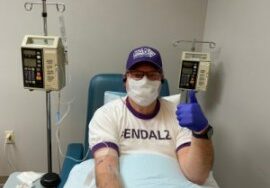Older individuals with Down syndrome have higher rates of developing dementia and Alzheimer’s disease, a new study finds.
The study, funded by the National Institutes of Health (NIH) and the Agency for Health Care Research and Quality, examined Medicaid claims among nearly 3,000 enrollees with Down syndrome from 2008 to 2018.
The researchers, from the University of Wisconsin-Madison, analyzed Medicaid claims specifically in Wisconsin.
They found that 18 percent of middle-aged people with the condition, between the ages of 40 to 54, filed dementia claims. People in that age group had a 40 percent chance of filing a dementia claim over the next decade. And as people with Down syndrome grew older past the age 55, the likelihood of filing dementia claims increased to 67 percent.
Lauren Bishop, an assistant professor of social work at the University of Wisconsin-Madison who worked on the study, said the goal was to get a full population sample of people with Down syndrome who were using Medicaid services, noting this data is “very meaningful for public health policy.”
“This study gives us a really good, reliable estimate of the extent of the problem of dementia and Down syndrome,” Bishop said. “Knowing that by age 55, 61 percent of people with Down syndrome will have a clinical diagnosis of dementia, can help state governments plan for services and costs. It tells us we have a real need for services and support so people with Down syndrome can live their best life possible for as long as possible.”
Because the lifespan for people with Down syndrome has increased in recent years, the population of aging individuals with the condition is growing, the authors of the study note.
Combined with the increase in older individuals with Down syndrome is the fact that they have a higher risk of developing dementia, and are more likely to have earlier onset dementia, than people who don’t have Down syndrome. Nearly half of all people with Down syndrome will develop dementia as they get older.
Down syndrome is a condition characterized by an extra copy of chromosome 21, which carries a gene that produces the amyloid precursor protein (APP). When too much APP is produced in Down syndrome, there’s an accumulation of beta-amyloid protein plaques in the brain. Beta-amyloid buildup is the hallmark feature of Alzheimer’s disease.
Nearly all people with Down syndrome end up developing these plaques on the brain by age 40.
“Autopsy and neuroimaging studies indicate that by ag 40 years, virtually all adults with Down syndrome exhibit Alzheimer’s disease neuropathology,” the authors of the latest study wrote. “However, individuals can live decades with Alzheimer’s disease neuropathology prior to developing clinical symptoms.”
The results “highlight the need to… develop dementia services and supports for adults with Down syndrome as they age and continue to rely on Medicaid and Medicaid-funded assisted living or skilled nursing facilities,” the authors conclude.
Programs and services for this population may differ from those offered to aging adults without Down syndrome.
“People with Down syndrome have an intellectual disability, they learn differently and they have different cognitive challenges throughout their lives,” Bishop said. “As a social worker working with adults with Down syndrome, I know that I need to modify the way that I talk about things, and provide additional support to help support communication and cognition. In older adulthood, people with Down syndrome who have cognitive impairment due to dementia are going to need additional support and more targeted support that are designed to work with the fact that they have an underlying intellectual disability.”
However, dementia care programs are often costly and there’s a system-level burden for people with Down syndrome, Bishop said. Because people with the condition have an intellectual disability and often work in minimum wage or sub-minimum wage jobs, their ability to access state-of-the-art memory programs is minimal.
“What we’re really hoping with this study is to shed light on the problem, so that researchers and policy makers and service providers can begin to develop programs to support people,” Bishop said.





